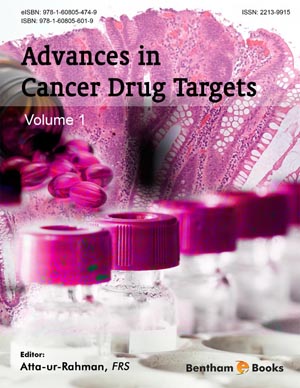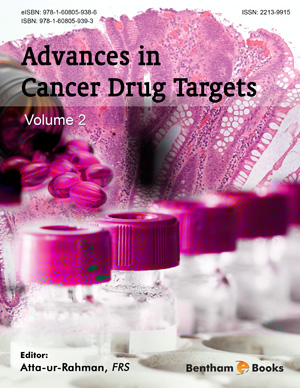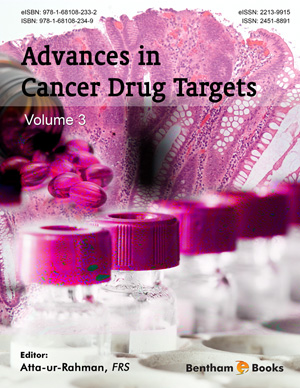Abstract
Cardiovascular diseases continue being the major cause of death worldwide, despite the constant and consistent efforts made towards the management and control of coronary artery diseases. These diseases are resulted by the metabolic imbalance involving elevated energy requirements and deficient oxygen supply to the cardiac myocytes, ultimately leading to myocardial necrosis. These diseases are closely associated with several changes in metabolic and signaling pathways that involve increased oxidative stress, excessive cytoplasmic and mitochondrial calcification, elevated lipid peroxidation, disturbed antioxidant homeostasis, dynamic cellular metabolism, irreversible DNA damage, and other pathophysiological alterations. The mechanism of pharmacological action demonstrated by modern western medicines usually adopt the lock-and-key model that involves the action of a principle therapeutic agent onto a specific and selective target to regulate a prime metabolic and signaling pathway, therefore becoming unsuitable to treat the disorders mediated by multiple molecular pathways. The side-effects associated with the use of such synthetic drugs are also an alarming health concern. The traditional system of medicine applies multiple natural ingredients that contain several active metabolites, therefore imparting a holistic pharmacological effect on multiple targets that orchestrate multiple pathways, without eliciting significant side-effects. This book chapter reviews various Indian and Chinese polyherbal formulations designed and developed according to the traditional system of medicine, which have been appropriately formulated and adequately characterized in-vitro, in-vivo, and in-silico following the stipulated scientific standards and medical regulations. Significant emphasis is also laid to review the informatic branches and cellular models available to evaluate and assess the pharmacology and toxicology of such polyherbal formulations.
Keywords: Ayurveda, Cardiovascular Diseases, Chinese Therapeutics, Cell Lines, Herboinformatics, Indian Therapeutics, in-vitro, Polyherbal Formulations, Pharmacoinformatics, Traditional Medicine, Toxicoinformaics.






















